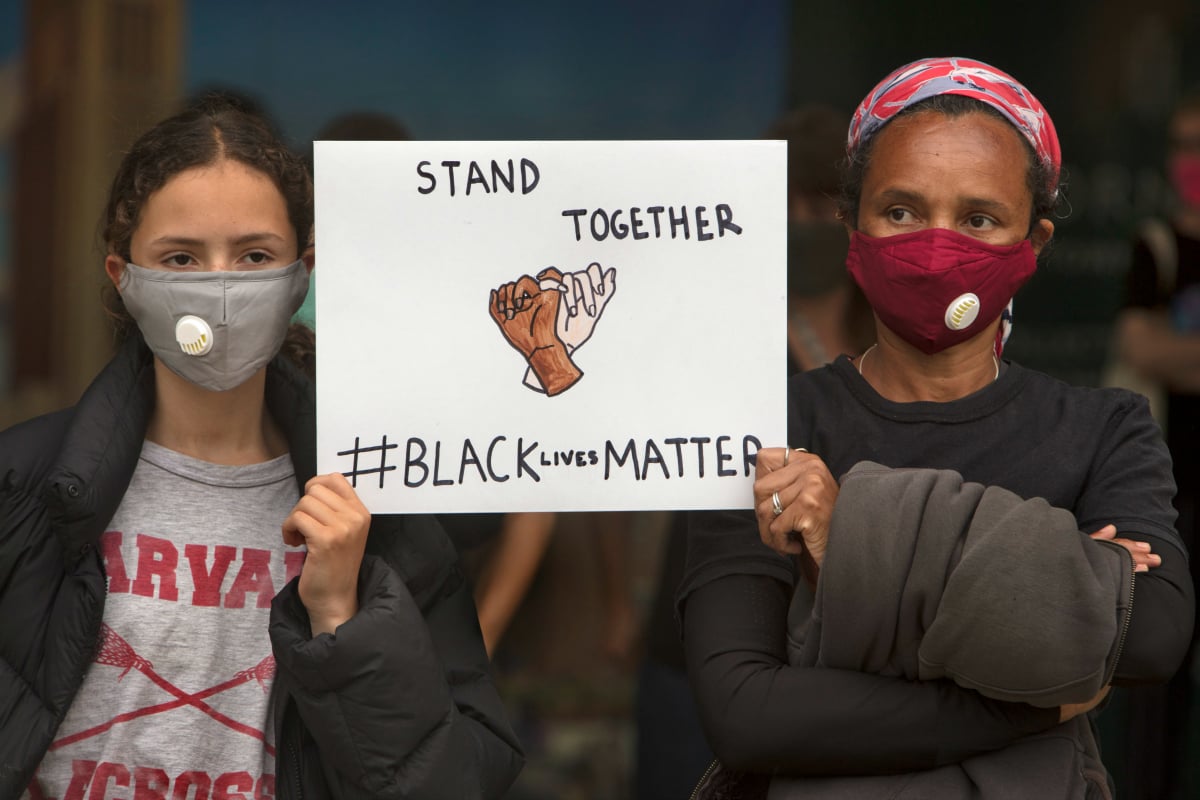
“I’m not racist but…” How many times have we heard that in our daily lives?
The words that follow are usually an insult about a particular race, a reductive joke or a sweeping generalisation.
Take Amy Cooper, the New York woman who made international headlines last month after she called police on black man, Christian Cooper, after he requested that she leash her dog: “I’m going to tell them there’s an African American man threatening my life,” she was heard saying in the viral video of the incident.
In her public apology, Amy Cooper trotted out a predictable defence: “I’m not a racist. I did not mean harm to that man in any way.” [But…]
Watch: The problem with simply saying “I’m not racist.” (Post continues below.)
This why author, historian and academic, Professor Ibram X. Kendi, suggests that we need a new way of uprooting inequality. It’s called antiracism.
What is antiracism?
First, Kendi argues, it’s important to understand a key thing about racism: it’s not a fixed part of a person’s identity; it’s not who they are.




























































































